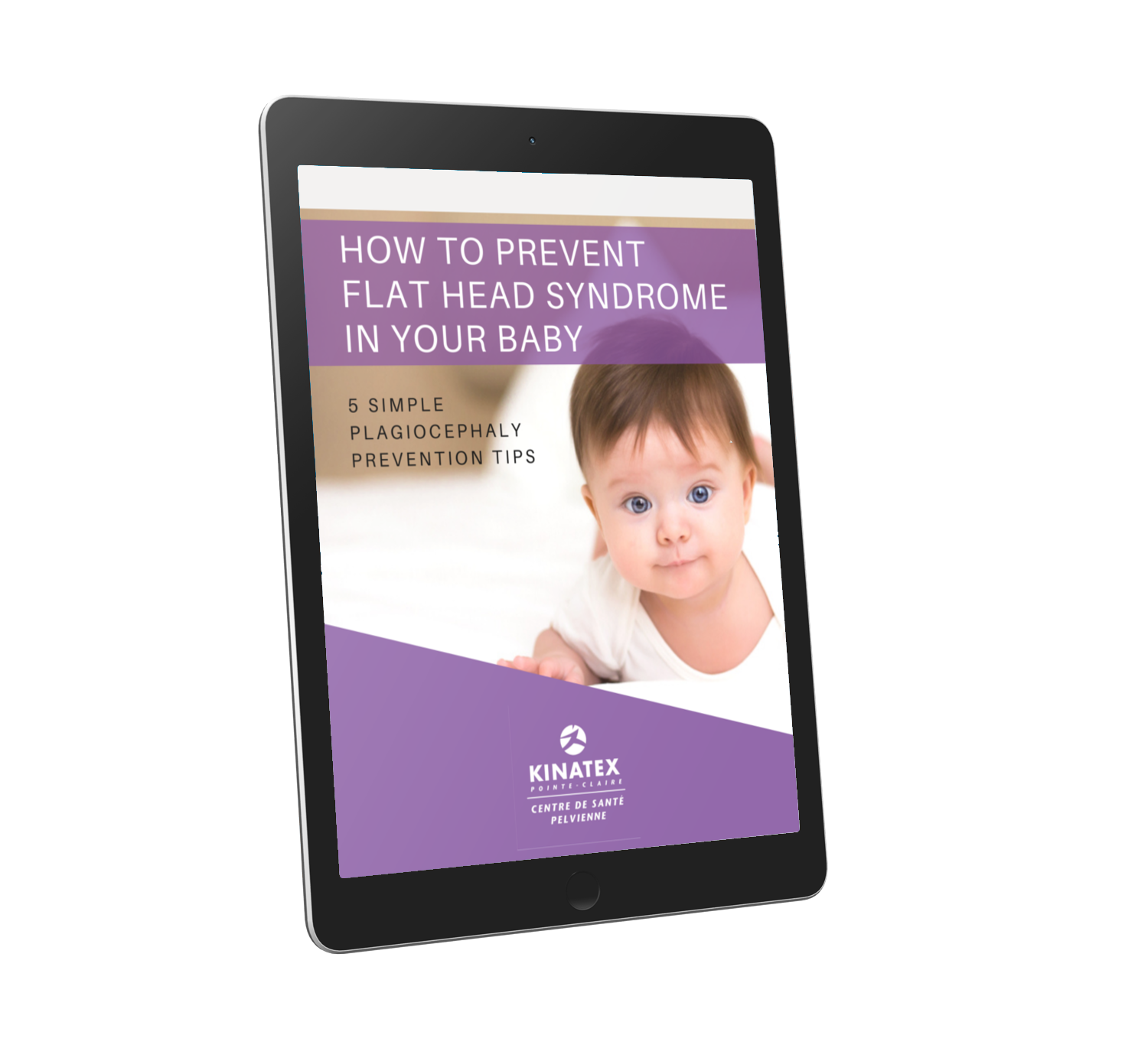Pediatrics
Pelvic Health
Is your child having bedwetting issues (nocturnal enuresis) or constipation? Or is your child soiling their underwear with stool (encopresis)? A physiotherapist trained in pediatric pelvic floor rehabilitation can help children with toileting problems.
This physiotherapist will take a safe and non-invasive approach to evaluate the condition; getting a detailed history and evaluating abdominal and pelvic floor muscle control.
They can teach your child proper toileting techniques and habits through better muscle control, breathing and posture while using a language and approach that is comfortable and easy for the child and parent to understand.
A Pelvic Health Physiotherapist can help your child with:
- Enuresis (involuntary loss of urine or urinary incontinence)
- Encopresis (involuntary loss of stool or fecal incontinence)
- Constipation
- Frequent urination
- Urinary urgency
- Difficulty voiding or dysfunctional voiding
- Nocturia (urination at night)
- Pelvic pain
Physiotherapy
Pediatric physiotherapy is recommended for your child’s development or posture, if there are problems achieving motor development milestones.
Our pediatric physiotherapists are specifically trained and have years of experience in identifying and treating a wide variety of pediatric conditions including:
- Delayed or impaired motor development (balance and coordination)
- Orthopedic conditions
- Postural Issues
- Torticollis
- Plagiocephaly (flat head)
Individualized treatment sessions are structured through play, postural correction strategies, as well as other hands-on techniques.
Because of the complex needs of the child and the family, the physiotherapist may work with many other disciplines including doctors, psychologists or occupational therapists.
Osteopathy
Osteopathy treatments for newborns involve easing tensions related to intrauterine life (during pregnancy) and childbirth. Osteopathic techniques are gentle and safe for infants.
The osteopath will take the baby into account as a whole (soul, body and spirit) and treatments can help relieve common problems such as:
- Gastroesophageal reflux
- Colic
- Torticollis
- Breastfeeding difficulties
- Plagiocephaly (flat head)
Occupational Therapy
- Assessment and treatment of fine motor skills:
- Improvement of hand-eye coordination.
- Development of manual dexterity.
- Building hand strength and endurance.
- Management of swallowing disorders (dysphagia):
- Assessment and intervention for children with swallowing difficulties.
- Advice on safe feeding techniques.
- Rehabilitation programs to improve swallowing skills.
- Development of pre-school skills:
- Improvement of cutting, drawing and writing skills.
- Encouragement of play skills and social interaction.
- Development of skills needed for school entry.
- Improvement of activities of daily living (ADL) :
- Assistance with dressing, bathing, eating and other activities of daily living.
- Adaptations and strategies to promote independence.

